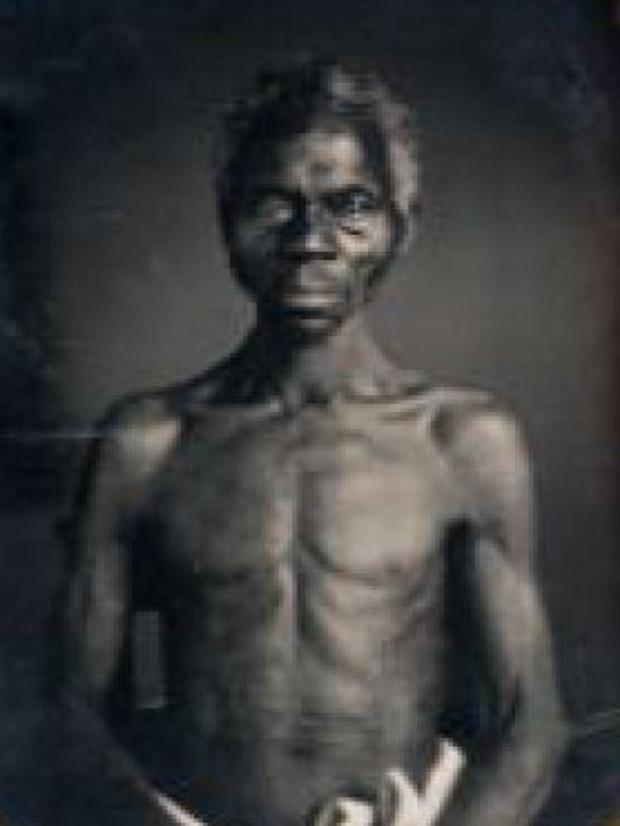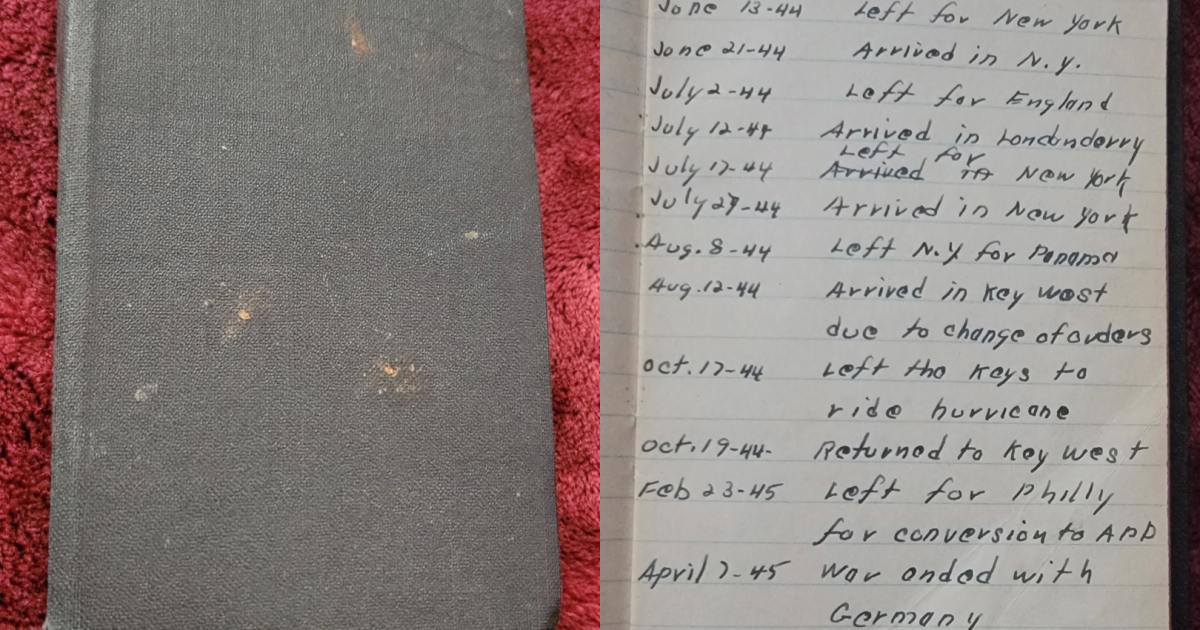Harvard accused of profiting from pre-Civil War slave photos
- 1850 photos are believed to be among the earliest taken of slaves in the U.S.
- A Harvard professor commissioned the photos of a slave named Renty and his daughter to advance his racist theories
- Renty's great-great-great granddaughter is suing for the return of the photos to her family
Harvard University faces a lawsuit over what are believed to be among the earliest photos of slaves in the U.S., with the great-great-great granddaughter of one of the slaves alleging the school is wrongfully profiting from the images. The photos were taken in 1850 to justify a Harvard professor's racist theory that blacks were inferior to whites.
Harvard University said in an email to CBS MoneyWatch that it hadn't yet been served with the complaint and couldn't comment on the lawsuit. Tamara Lanier, who said she is the direct descendant of the photographed slaves, said in a statement that she is asking the university to return the photos to her family and to pay damages for having used them without consent (Lanier, through a representative, gave CBS News permission to publish the image below picturing Renty.)
The lawsuit highlights the racial problems facing some of America's oldest colleges, including some that formerly engaged in the slave trade. Georgetown University recently faced a reckoning over the 272 slaves it owned in 1838 but sold to raise funds to keep the university's doors open. Ivy League schools have also acknowledged their roots in the slave trade, including Brown University.
Profiting from slavery?
In the Harvard case, a slave named Renty and his daughter, Delia, were photographed in 1850 as part of an effort by Harvard scientist Louis Agassiz to prove his theory that black people were "inherently inferior." The lawsuit claims they were forced to pose "without consent, dignity or compensation." Lanier claims she has asked Harvard to return the photos to her family but that the university "refused."
"For years, Papa Renty's slave owners profited from his suffering — it's time for Harvard to stop doing the same thing to our family," Lanier said in a statement.
While it's unclear how much money Harvard has earned from the photos, the lawsuit claims the university charges a "hefty" licensing fee for use of the images, which were rediscovered in the 1970s in the attic of a university museum. Renty's images was also published on the cover of a 2017 edition of a Harvard University Press book called "From Site to Sight."




